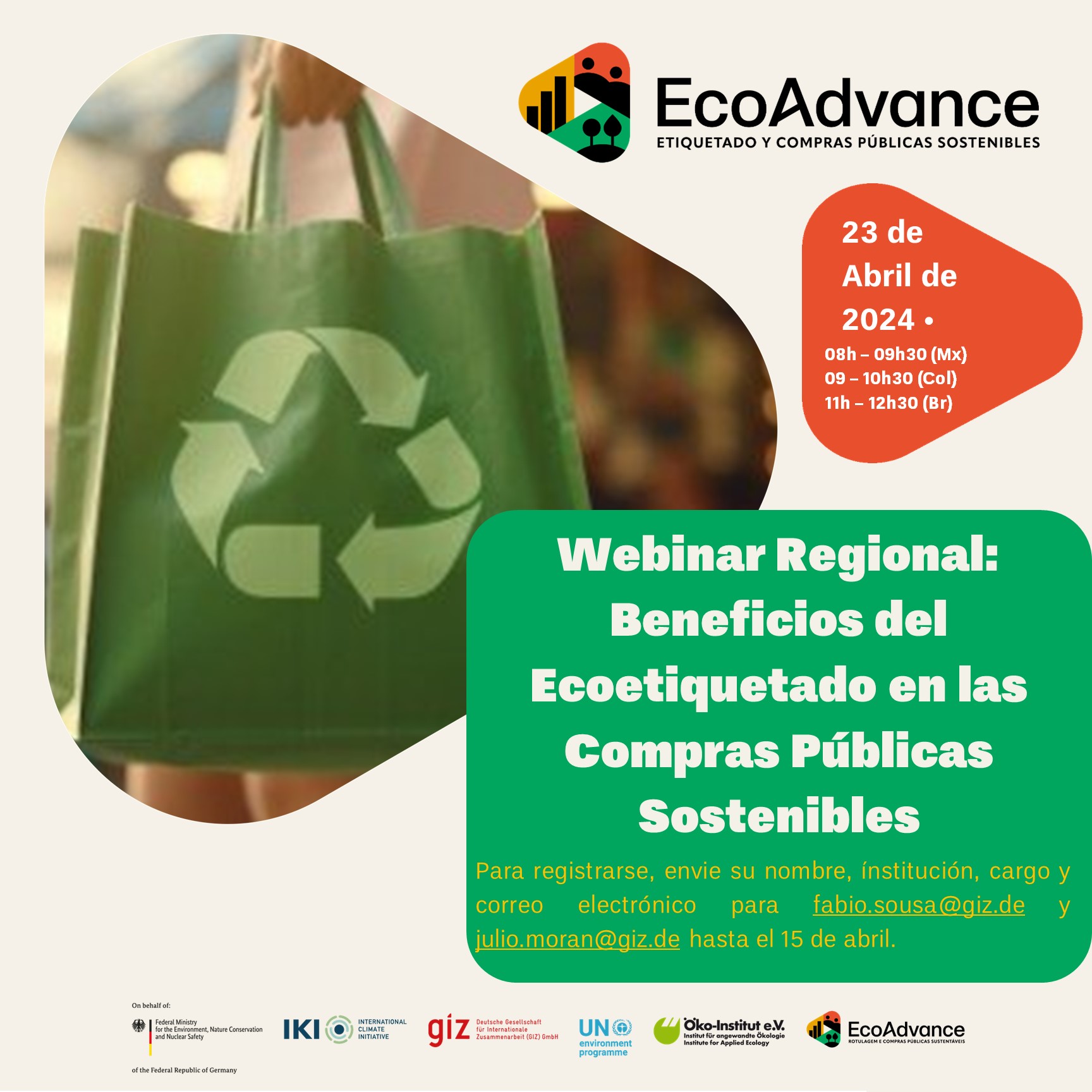MAPS Sustainable Public Procurement module
The MAPS Sustainable Public Procurement module is intended to provide a harmonised tool for use in the assessment of sustainable public procurement, which is a strategic approach that promotes the integration of the three pillars of sustainable development (economic development, social development and environmental protection). This module aims to help countries transform their public procurement systems into more sustainable ones.
Sustainable Public Procurement (SPP) builds on the principles and best practices of “traditional” public procurement and considers additional factors to obtain social, environmental and economic benefits appropriately for procuring entities, its supply chain and society as a whole. It introduces new practices to contribute to social development and environmental protection and to achieve value for money and stimulate innovation.
SPP has emerged as a powerful strategic instrument governments increasingly use to help achieve national policy objectives. Most prominently, the 2030 Agenda for Sustainable Development calls on governments to promote public procurement practices that are sustainable, in accordance with national policies and priorities. The potential benefits of SPP are manifold and often they are mutually reinforcing. For example, sustainable supply chains can generate economic benefits such as job and income creation, social benefits such as improved working conditions and skills development, and environmental benefits, e.g., reduction of hazardous waste or increased energy efficiency. Cost for societies, for example caused by pollution or global warming can be reduced.


